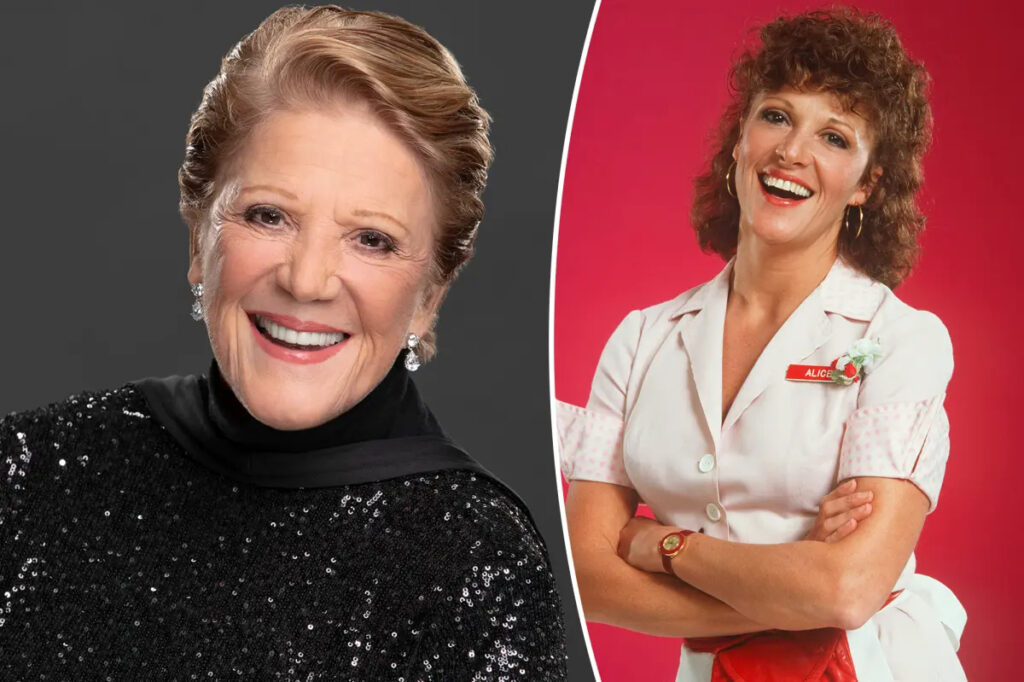
Linda Lavin’s Shocking Exit from ‘Mid-Century Modern’ Sparks Outrage
The television world is grappling with renewed conversations about ageism in Hollywood following Linda Lavin’s abrupt departure from the hit series Mid-Century Modern. The Tony-winning actress, who played fan-favorite matriarch Bunny Levine for three seasons, was conspicuously absent from the show’s fourth season premiere without explanation—a move that has drawn sharp criticism from fans and industry peers alike.
Behind the Scenes of a Sudden Exit
Multiple production sources confirm Lavin’s exit followed months of creative tension with showrunner Marc Cherry. According to insiders, the 86-year-old actress expressed concerns about her character’s evolving direction, particularly when scripts began emphasizing physical comedy over the nuanced dramatic work that originally attracted her to the role.
“Linda fought hard to maintain Bunny’s depth and complexity,” revealed a writer who worked on the show’s third season. “When the tone shifted toward broader humor, she pushed back—and ultimately lost that battle.” The production ultimately chose to write out Lavin’s character through vague dialogue references rather than giving her a proper sendoff, a decision that has sparked outrage among the show’s loyal fanbase.
A Larger Industry Pattern
Lavin’s experience reflects systemic challenges facing older actresses in television. Recent years have seen numerous high-profile cases of veteran female actors being sidelined:
- Jean Smart’s reduced role in Hacks after Season 2
- The controversial death of Carrie Preston’s character in The Good Fight
- Megan Mullally’s minimized presence in Will & Grace’s revival
“This isn’t just about Linda—it’s about how we value women’s careers after 60,” said Grace and Frankie creator Marta Kauffman. “There’s still this assumption that audiences only want to see older women as punchlines or afterthoughts.”
Hollywood Reacts
The industry response has been swift and vocal. Allison Janney took to Instagram to call the situation “disheartening but unsurprising,” while Lily Tomlin described it as “another reminder of why we need more women over 50 in decision-making roles.”
Perhaps most damning was the reaction from Mid-Century Modern’s own cast. Several co-stars reportedly expressed discomfort with how Lavin’s departure was handled, though none have spoken publicly due to contractual obligations.
What’s Next for Lavin?
Despite the controversy, Lavin’s career continues to thrive. The Alice star is currently developing a Broadway-bound play about legendary Hollywood agent Sue Mengers and has signed on for a guest arc in HBO’s The Gilded Age. She’s also preparing a new cabaret show set to premiere at New York’s Café Carlyle this fall.
“Linda’s talent transcends any single role,” said her longtime agent, Marcia Hurwitz. “While Mid-Century Modern may have fumbled its handling of her departure, audiences haven’t seen the last of her extraordinary work.”
The Bigger Conversation
As the television industry reckons with this latest example of ageism, many are calling for systemic changes:
- More diverse writers’ rooms with better age representation
- Contractual protections for veteran actors
- Audience accountability in supporting shows with older leads
For now, Lavin’s unexplained exit stands as both a cautionary tale and potential catalyst for change in how Hollywood treats its most experienced female talent.